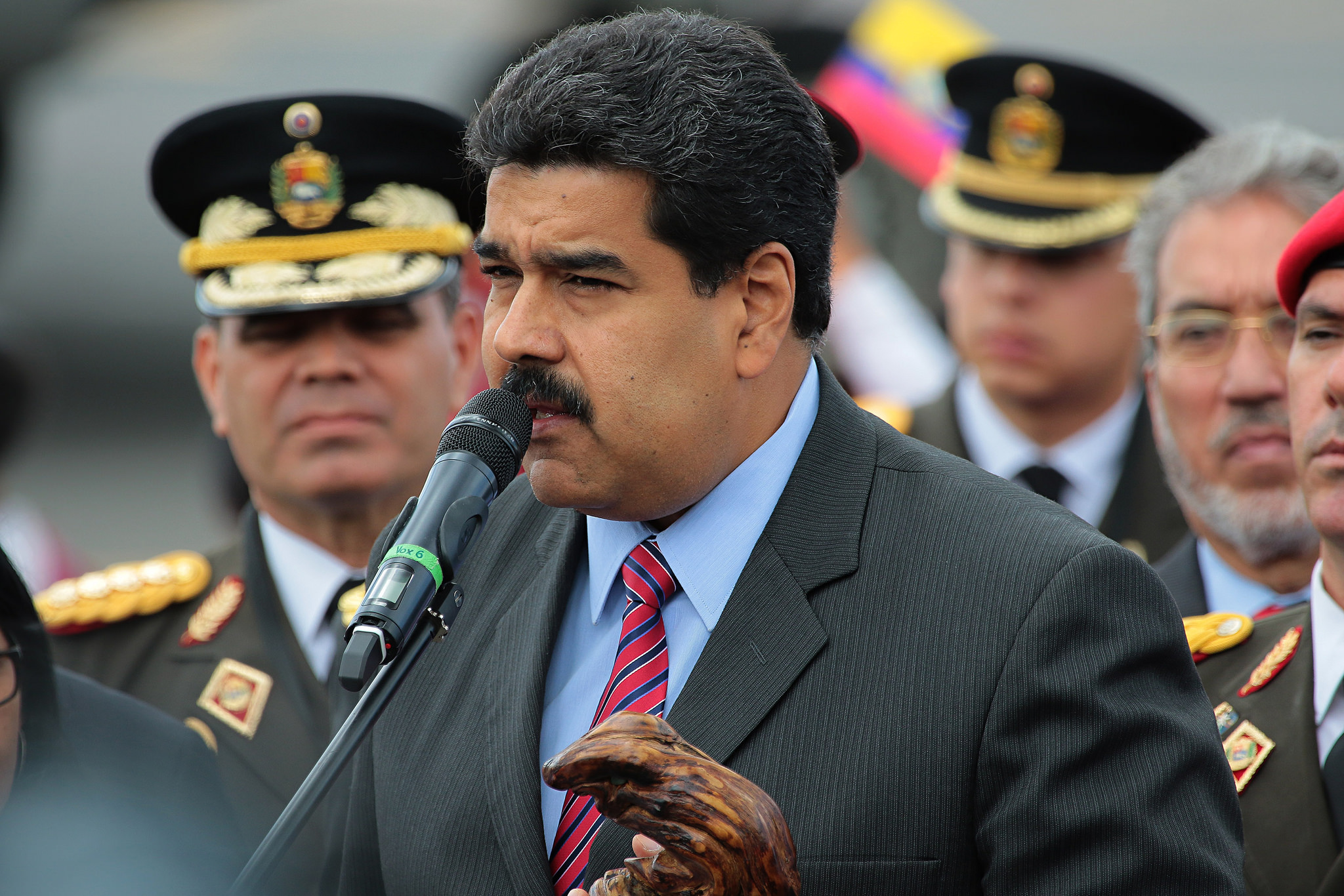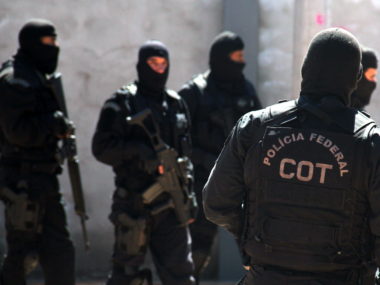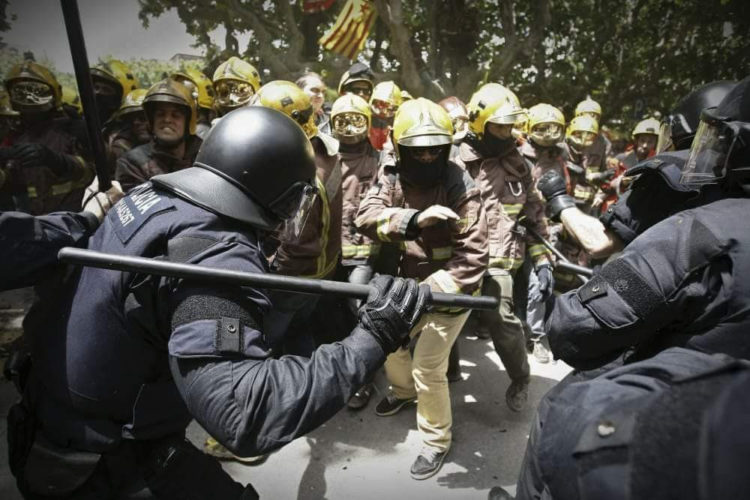Guest post by Abdullah Aydogan
Bolivian President Evo Morales resigned a week ago after widespread street protests and a call for his resignation by armed forces commander Kaliman during a nationally televised speech.
The question now is whether this military action was a traditional military coup d’etat—or not.
According to largely accepted definitions of military coups, what happened in Bolivia cannot be classified as a military coup since the military did not make an overt attack to illegally remove the sitting chief executive. Still, what the Bolivian military did is an undemocratic military intervention, and can be called a soft or postmodern coup instead.
Is such an intervention unique to Bolivia?
No.
In fact, such military interventions occur around the world. Only a few months ago, there were similar massive anti-government protests in Algeria and the army chief of staff eventually appeared on television to call on President Bouteflika to resign. Just like their Bolivian counterparts, the generals refrained from forcefully removing the president. Yet Bouteflika resigned nonetheless.
Turkey’s military has also attempted such military interventions in its recent history. The most famous was in 1997, when Prime Minister Erbakan was pushed to resign after the generals’ call. Later, this specific incident was named a postmodern military coup.
Examples of removal of executives through soft or postmodern coups also include Wongsawat in 2008 (Thailand), Ulufa’alu in 2000 (Solomon Islands), Chan in 1997 (Papua New Guinea), Suarez in 1981 (Spain), and Demirel in 1971 (Turkey).
What lessons can be drawn?
First, although soft or postmodern coups significantly differ from traditional coups, the two types of military interventions should be treated equally from a democratic legitimacy perspective. In both cases, the military steps in to domestic politics and mandates what it demands.
As the 2013 Egyptian coup and other similar examples illustrate, the initial threat and call for resignation is often an indicator of an upcoming full-scale military coup. If Morales had stood against the military, he might have experienced a straight-out military coup, just like Egyptian President Morsi experienced.
Second, while postmodern coups should be treated as undemocratic, undermining checks and balances, silencing criticism, manipulating electoral processes, and disrespect to referendum results as well as constitutional term limits are also undemocratic actions. Reports show that Morales committed such actions over the last several years.
Third, assuming all else is equal, the military in parliamentary systems is more likely to conduct a postmodern coup when compared with the military in a presidential system. The underlying reason is that, when a prime minister resigns, selection of the new prime minister takes place within parliament, without the need for a new election. If generals hope to oust the chief executive by avoiding a full-scale coup, they may be able to find alternative chief executives relatively easily among existing members of the parliament. In fact, in 1997, the Turkish military managed to convince more than 30 legislators to switch parties and support a new government after the resignation of the prime minister.
Contrary to the countries listed above (including Turkey), Bolivia has a presidential system of government. Now, the interim president, Jeanine Anez, needs to hold new elections within 90 days according to the Bolivian constitution. But there is no guarantee that an anti-Morales individual will be elected, and top generals may be punished for the resignation call if a pro-Morales candidate is elected. If the Bolivian system were parliamentary, new elections would not have been a necessity and the military may have had an option to create a friendlier government within the parliament.
Military coups were fashionable events during the Cold War era, but in recent years, they have lost their popularity. So far in 2019, there has been only one successful traditional coup (in Sudan), but two successful postmodern coups (in Bolivia and Algeria).
As the number of democracies suffering from populist executives increases over time, we may observe more and more soft or postmodern coups around the world. One potential reason is the reluctance of populist leaders in more developed countries—such as the United States—to dedicate resources to the expansion of democracy in the developing world. Another is the potential power struggle between a populist leader of a country and the same country’s established elites, some of whom may occupy higher ranks in the military. Such a power struggle would encourage elites to overthrow the executive to protect their interests.
To ensure stability around the world, policy makers in more developed countries should equally condemn different types of military interventions in domestic politics, help strengthen civilian governments’ control over the military, and fight against illiberal populist movements in both the developed and the developing world.
Abdullah Aydogan, Ph.D., is a lecturer in the Department of Political Science at Columbia University. His research primarily focuses on political parties, parliaments, and democratization. His recent publication, “Constitutional Foundations of Military Coups,” examines how certain types of constitutional designs influence the likelihood of coups. Follow him on Twitter: @abdaydgn.







1 comment
What the USA had on January 6th was an attempted ‘Coup by Omission’ a new form of Postmodern Coup